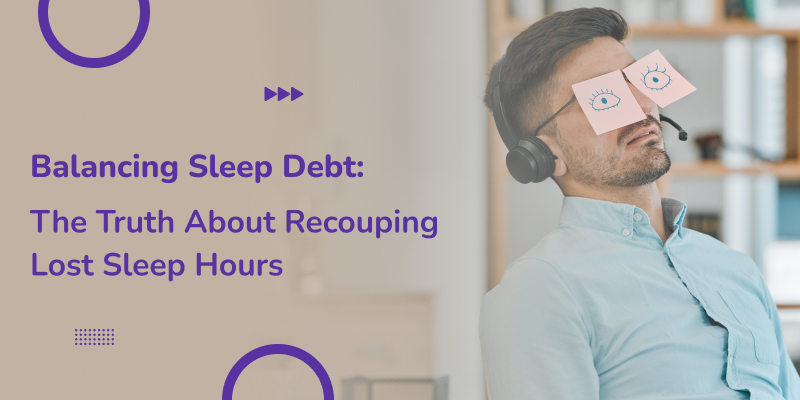Share this @internewscast.com

NORTH DAKOTA (KXNET) — Good sleep is usually ignored in conversations about brain health optimization.
If prioritizing sleep at night is an afterthought, prioritizing a daytime nap appears to be lazy or excessively indulgent.
It leads to the question: What does science tell us about naps and brain health? Should people skip naps or build them into routines?
Napping is nothing new and it’s not unique to people. In fact, Albert Einstein, Winston Churchill, and Thomas Edison all took naps. Plus, Aristotle credited some of his insights to naps.
Despite the lack of a novelty nap, there’s debate about whether taking one is a good or bad thing.
In some countries, napping at work is encouraged, since it’s seen as a positive reflection of working to the point of exhaustion.
But in America, the introduction of the “power nap” is typically poorly received in the workplace, despite some of the larger companies instituting a more nap-friendly culture.
Outside of work, however, taking a nap daily is reported by 34% of Americans, and that number only increases as people get older.
It’s known that sleepy or sleep-deprived people don’t think as clearly, which explains why napping can improve certain metrics of brain function immediately.
In a 2021 meta-analysis, a one-hour afternoon nap was linked to better cognitive function, and another meta-analysis found that a 30-60 minute daytime nap benefits cognitive performance in people who had a normal night of sleep or partial sleep deprivation.
Plus, a nap during the day has been shown to reset the immune alterations that happen with sleep deprivation.
However, there are some risks to brain health from napping, as data shows that longer naps can lead to issues.
A 2016 meta-analysis reported that taking a nap longer than 60 minutes can increase the risk of developing type-2 diabetes by 50%.
Other research shows that having longer and more frequent naps can also increase the risk for Alzheimer’s disease, or other dementia-related illnesses.
But this doesn’t mean that napping directly leads to these risks, as daytime sleepiness can reflect underlying changes in the brain that could lead to the disease.
It was also found that the higher frequency of naps can be associated with mental health issues, specifically depression, and this may be due to correlations between poor nighttime sleep and worse mental health.
Fortunately, if you love your naps, there are five things you can do to nap better for your brain health.
The first is to avoid replacing good sleep with naps. If you wake up tired, rely heavily on caffeine, or experience sleep-related issues, you should understand those symptoms rather than simply focusing on taking a nap.
The second thing is to keep naps short, typically 30 minutes or less, since longer naps can interfere with nighttime sleep.
Another thing for nappers to consider is the timing. It’s best to have that short nap in the early afternoon, usually between 1-3 p.m., so that it aligns with the body’s natural circadian dip and to avoid interrupting nighttime sleep.
A fourth thing to do is create a restful environment: one that is quiet, comfortable, and dimly lit to reduce disturbances and promote relaxation.
The final thing is to simply listen to your body. If you believe the need for a nap is due to excessive daytime sleepiness, it could be a sign of underlying sleep disorders or health issues that need medical attention.
















